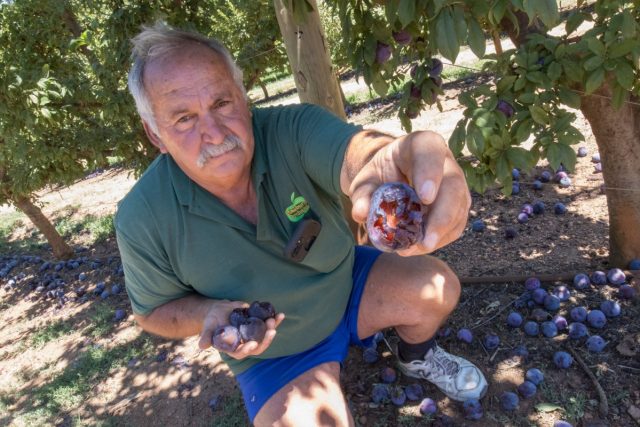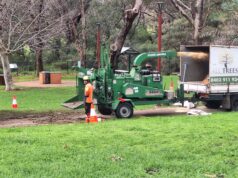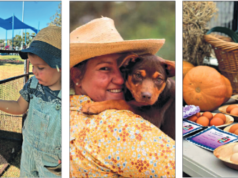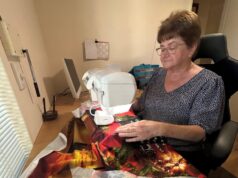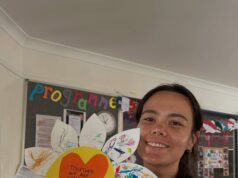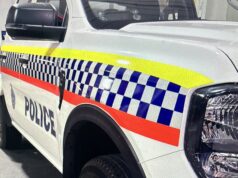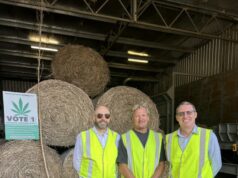Residents were being encouraged to report sightings of rainbow lorikeets within their community as the birds were declared a pest and known to cause significant damage.
The colourful parrot, which was introduced into the state in the 1960s, was also known to damage back yard gardens, compete with native animals for shelter and food, and carry diseases, which post a risk to both native and captive parrots.
Peel Harvey Biosecurity Group communications officer Teele Hooper Worrell said no matter where residents lived they could help the fruit industry and the environment.
“Landholders just need to take a quick look at the palm trees growing on their property and cut away any old fronds as close as possible to the trunk,” she said.
“If this is done across the metropolitan area it will have a big impact on reducing breeding sites for the rainbow lorikeet.
“Mostly people don’t realise how their actions or inaction can hurt the bottom line of local horticultural businesses as well as the surrounding environment.”
The Examiner previously reported on significant damage caused by lorikeets at two orchards in Jarrahdale and Roleystone.
Roleystone’s Raeburn Orchards’ owner Peter Casotti said they had been forced to bring in volunteer shooters to help lower the numbers of lorikeets which had been plaguing their harvests for many years.
“They have been around here for about eight to 10 years in small numbers and only for a short period of time. However, this is the worst I have seen it,” he told The Examiner earlier this month.
“There isn’t a variety of fruit that they don’t go for – plums, pears, peaches, nectarines and apples, they go for them all.”
Sightings can be reported to the Pest and Diseases Information service on 9368 3080 or via email padis@dbird.wa.gov.au.
Reports should include the GPS coordinates of known feeding and roosting sites, a picture of the birds and any impacts from their presence.


